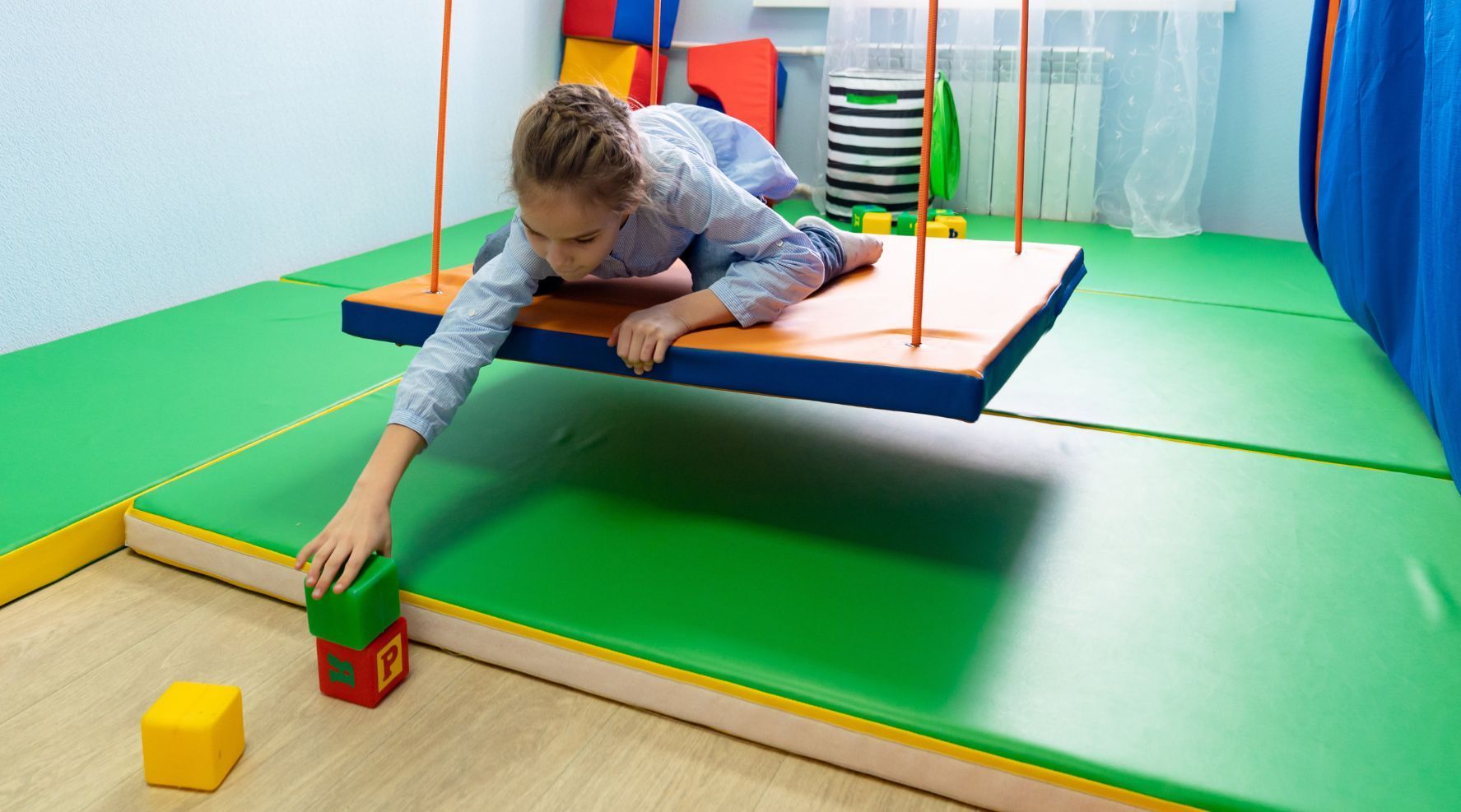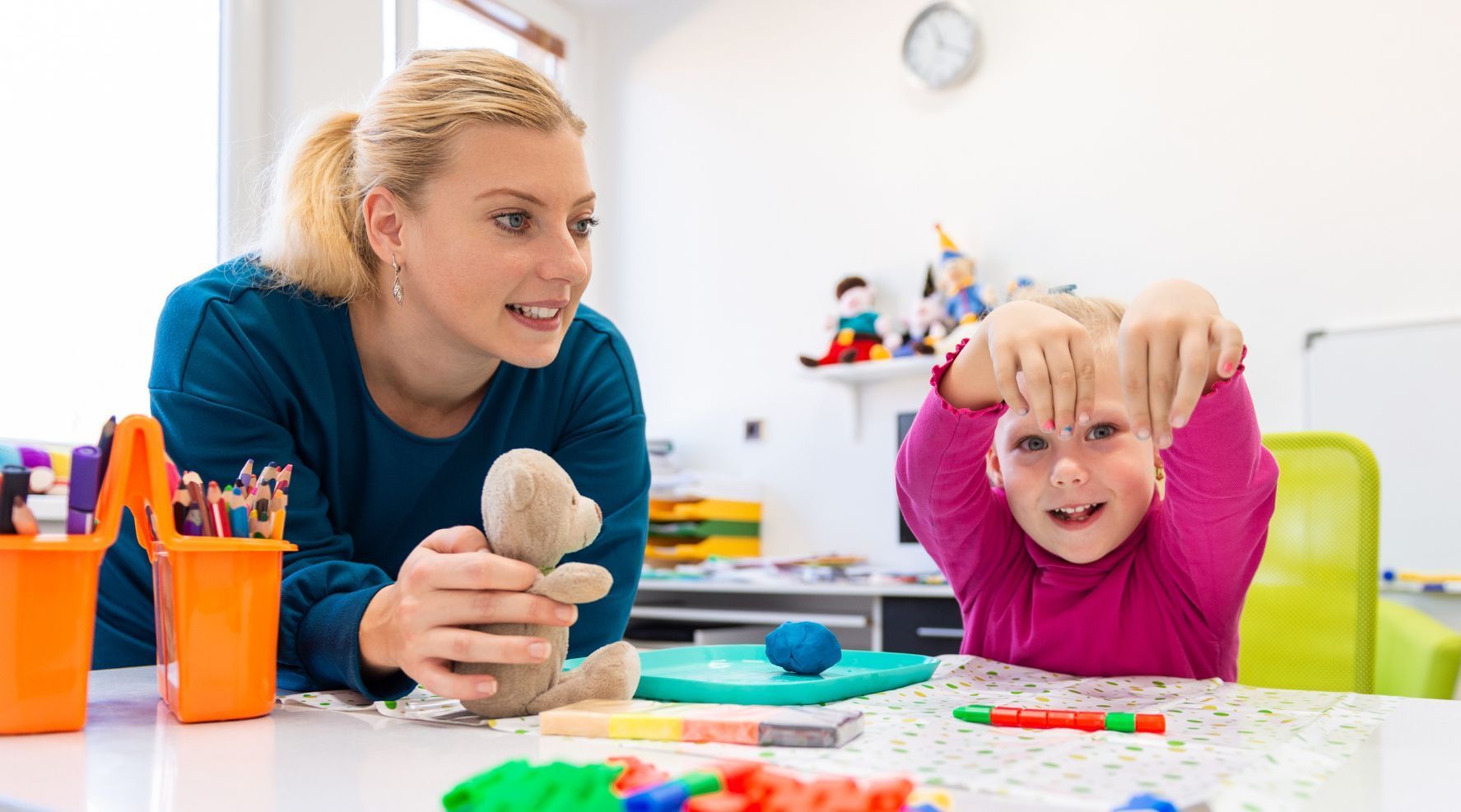The Importance of Sensory Activities for Kids With Autism
Autistic brains have been shown to have substantially more neural connections, or synapses, than neurotypical brains. These synapses are the points in the brain where neurons, brain cells that transmit messages as electrical impulses and chemical signals, communicate with each other.
Children with autism have brains that didn’t undergo a full process of “neural pruning,” where excess synapses are removed from the brain. Instead, autistic brains retain excess synapses and don’t completely remove old or damaged cells through a clean-up process called “autophagy.”
Types of Autistic Behavior
Any parent of an autistic child knows that something very different is going on in their brain. Autistic kids generally fall into one of two camps: either the child is sensory avoiding or sensory seeking.
Sensory-avoiding kids are hypersensitive to stimuli like light, noise, textures, and tastes. Researchers have suggested that excess synapses are firing off when they don’t need to, overloading the brain with sensory information that is difficult to sort out, overwhelming the child, and causing extreme anxiety and discomfort.
Sensory-seeking kids need more sensory stimulation and often seek it through roughhousing and other physical games or activities, jumping, dancing, or crashing into things. Their brains are seeking more sensory input to better understand their environment.
The importance of sensory activities for kids with autism shows up in how they respond to sensory stimuli.
Sensory Activities and the Brain
Depending on a child’s individual needs, sensory activities may help calm an oversensitive brain or feed the needs of a sensory-seeking child. Kids may respond to textures, sounds, or physical stimulation from sensory gym equipment like roller slides, mini-trampolines, crash pads, climbing walls, and swings.
May autistic kids have difficulty with motor skills, either fine (writing or manipulating small things with their fingers) or gross (skipping, balance, and running). Sensory activities can help them develop these skills.
Proprioceptive and Vestibular Senses
Sensory activities are important for kids with autism because they challenge and help develop two significant sensory systems, in addition to the five we all learn about (sight, hearing, taste, touch, and smell).
The proprioceptive sense gives our brains information about the internal state of our own bodies and where they are in space relative to other body parts and the environment around us. It tells us when we’re getting too close to an obstacle or when someone is getting too close to us. It communicates between muscles, joints, and the brain to provide this information.
The vestibular sense regulates balance with sensors located in the inner ear. Autistic kids may have difficulty with balance, as their brains are distracted by too much irrelevant information. Balance beams and games that require walking in a straight line or hopping on one leg (in a safe environment with mats and cushions) can help kids develop their sense of balance.
Physical and occupational therapists make use of sensory gyms to help autistic kids cope with their environment and learn to self-regulate. Royalty Sensory Gyms is a trusted designer and supplier of sensory gyms for therapy practices, schools, hospitals, hotels, and other institutions that want to provide a space for autistic children to play happily and take breaks when they need them.





